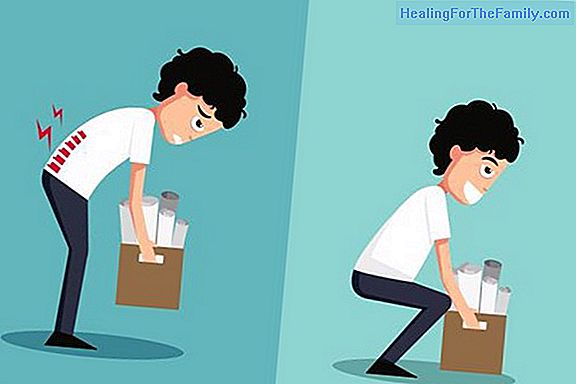Signs of the body that warn you have high sugar
Hyperglycaemia is the medical term used to denominate the excess of glucose in blood, hypoglycemia, on the contrary, is the one used to the contrary, the low levels of Blood glucose. Although both are common in both adults and children with diabetes, type 1 and 2, as well as in pregnant women with g
Hyperglycaemia is the medical term used to denominate the excess of glucose in blood, hypoglycemia, on the contrary, is the one used to the contrary, the low levels of Blood glucose. Although both are common in both adults and children with diabetes, type 1 and 2, as well as in pregnant women with gestational diabetes, their symptoms may go unnoticed in healthy people.
In diabetics, it is easy to detect when glucose levels are not appropriate, above all, because it is on notice, however, it is useful to know the symptoms that precede them to be able to take action if necessary, especially when there is no diagnosis of previous diabetes.
How the body responds if the sugar is high

- One of the first symptoms to appear is dry mucous membranes and increased urges, frequency and amount of urine que, which is usually accompanied by an increase in thirst, in an attempt of the body to avoid dehydration. The increase in the amount and frequency of urine is due to an overexertion of the body to eliminate extra circulating glucose. Además - In addition, it is usually accompanied by aweight loss difficult to explain,
since it occurs in the absence of any increase in physical exercise or without following any diet, and without a loss of appetite, that is, eating the same. La - Weight loss is accompanied by excessive fatigue, for no apparent reason. Because the body can not assimilate glucose normally, it has no food for the cells, which see their functions limited, this being the origin of fatigue. In addition, when you need to obtain energy from other sources, it attacks fat and body muscle, and that's where the weight loss lies. - There is also an increase in infections of all kinds
, especially urinary infections and candidiasis, as well as skin problems, fungus, dryness, eczema ... Depending on the age of the child, this may be one of the most difficult symptoms to observe, since, especially if they are small and go to the nursery, infections are recurrent and therefore difficult to remove from context. When they are older, at school age, they do, in general, a lot of exercise, so fatigue and weight loss are easily considered normal. Later, in adolescence, these symptoms may also go unnoticed, especially in times when they have work overload or hormonal imbalances. - Sometimes, although less frequently, it may also appear blurred vision que, which, once discarded ophthalmological problems, is a symptom to be taken into account and to consult with the doctor.
It is convenient to observe the daily habits of our children very closely, since, depending on their age, they are likely not to be able to see the changes. Although it may seem extreme, if more than one of these symptoms is observed and there is no reason to do so, it may be better to be cautious and consult the doctor than let it go.












